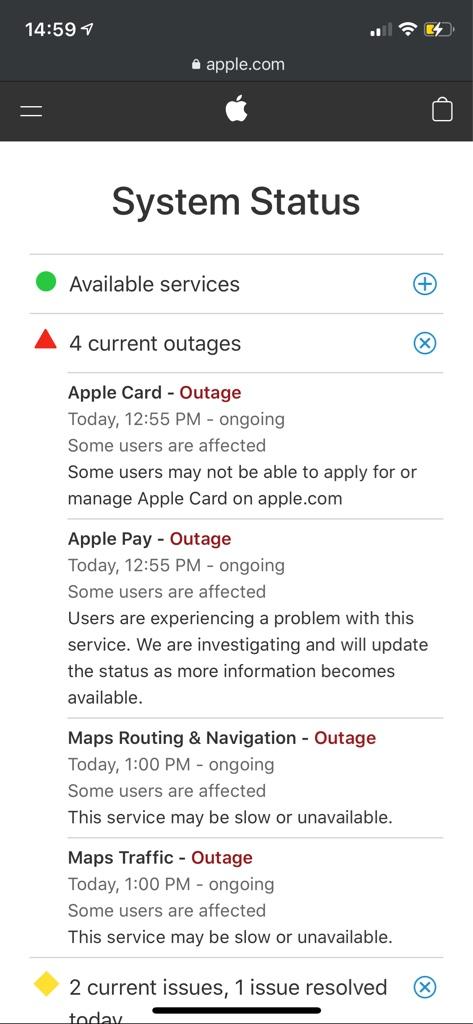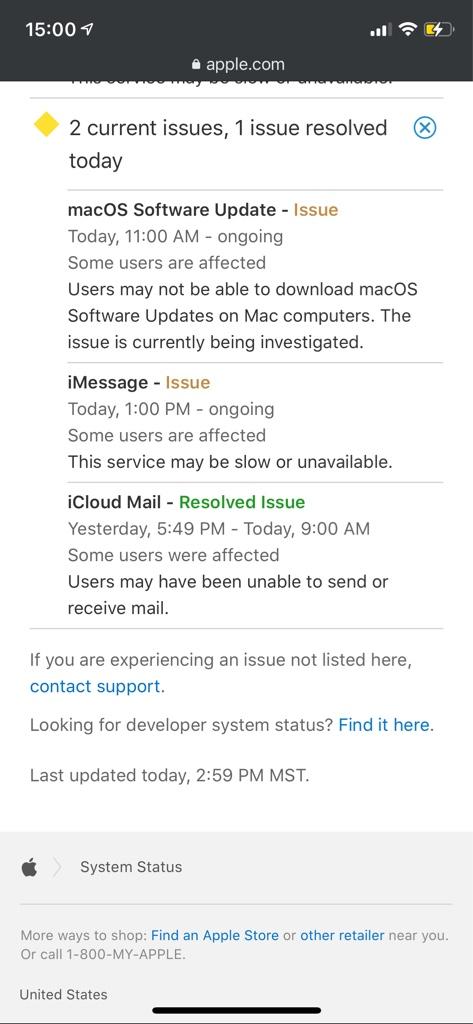I really like the idea of ALL of my traffic going thru a VPN. IOT, cloud backups, browsing, everything. I’m uncomfortable knowing that my ISP can log my traffic if they want to.
So the ISP at the VPN exfiltration point will do it, then. Probably sell it back to yours too. LOL.
Haha. Even pretty easy for them to correlate it back to you just by stream start/stop times. As long as they work together.
It’s all being moved down into the OS level for that sort of tracking anyway. Both MSFT and Apple are now doing it. They want that data badly.
Example:
That covers Apple. Just the first one I grabbed. MSFT doing similar.
Was cute to see Macs all keel over nearly dead this week, when the Apple Big Sur release blew most of their services out of the water including their OCSP servers.
Notice those servers aren’t listed anywhere as something having an outage or that the OS needs them to be up and functional and non-degraded... for you to open an App.
Impossible to strip it out of OSX or iOS. Stripping it out of Win10 is barely possible but leaves the OS significantly crippled, disabling multiple unrelated features. Blocking it at firewalls tends to have “odd behavior” in both company’s products.
(As an aside, Amazon devices as well as Samsung also constantly jabber to multiple servers unnecessary for them to operate properly. Researchers know about half of what they appear to do / log. This includes things like adding Amazon branded apps to any mobile OS.)
They’re all logging. Many are sharing. Even more are sharing with governments. A VPN just isn’t really accomplishing much anymore. It’s barely an obfuscation. Even those using them to “get around” location based blocks like Netflix? Nah. They know. They just ask location services on the device to tell them directly from the device. They’re just ignoring it. Heck, even time of day usage patterns give it away for those continent hopping with VPNs.


